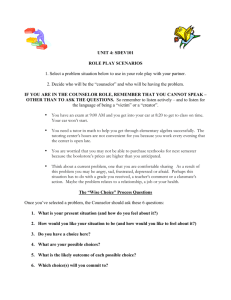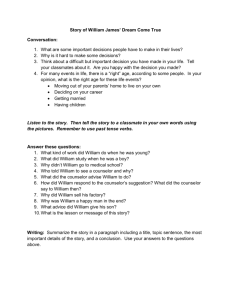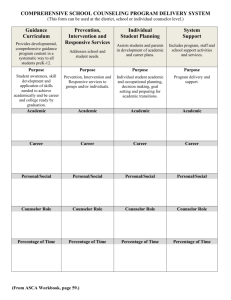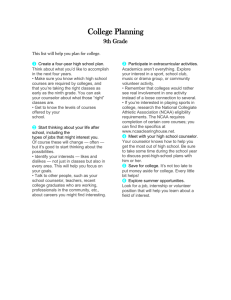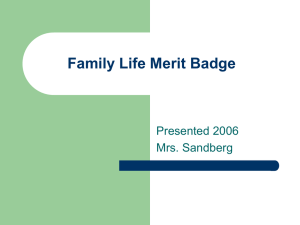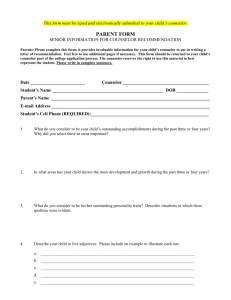Suicide Safety Agreement
advertisement
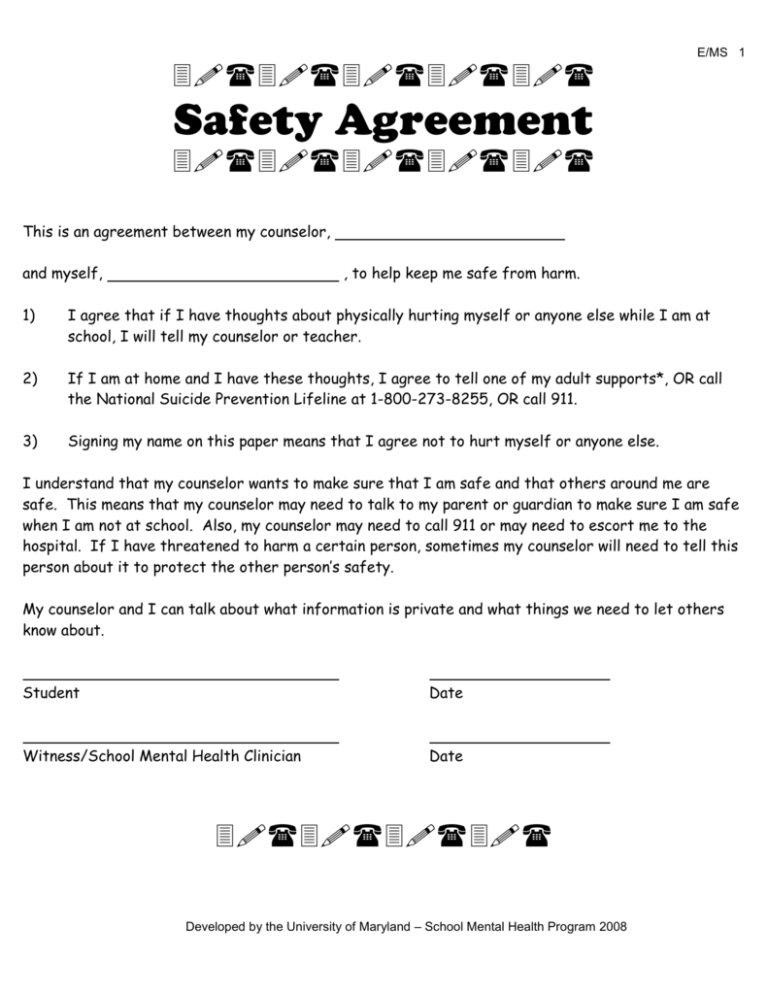
E/MS 1 Safety Agreement This is an agreement between my counselor, and myself, , to help keep me safe from harm. 1) I agree that if I have thoughts about physically hurting myself or anyone else while I am at school, I will tell my counselor or teacher. 2) If I am at home and I have these thoughts, I agree to tell one of my adult supports*, OR call the National Suicide Prevention Lifeline at 1-800-273-8255, OR call 911. 3) Signing my name on this paper means that I agree not to hurt myself or anyone else. I understand that my counselor wants to make sure that I am safe and that others around me are safe. This means that my counselor may need to talk to my parent or guardian to make sure I am safe when I am not at school. Also, my counselor may need to call 911 or may need to escort me to the hospital. If I have threatened to harm a certain person, sometimes my counselor will need to tell this person about it to protect the other person’s safety. My counselor and I can talk about what information is private and what things we need to let others know about. Student Date Witness/School Mental Health Clinician Date Developed by the University of Maryland – School Mental Health Program 2008 E/MS 2 Getting Help *SUPPORTS are people that are there for you when you need them. You can talk to them and share your feelings with them. Most importantly, you can go to them for help. If you are looking at this with a counselor right now, your counselor is one example of an adult support in your school. You might have family members, neighbors, or teachers that are also supports for you. It is good to know who can support you at school AND who can support you at home. Who are three adults who you can talk to when you are at home (not in school)? 1) Name: Phone # 2) Name: Phone # 3) Name: Phone # Who are 2 adults (other than your counselor!) you can talk to at school? 1) Name: Phone # 2) Name:________________________________ Phone # _______________ AGENCY National Suicide Prevention Lifeline (www.suicidepreventionlifeline.org) NUMBER 1-800-273-TALK (1-800-273-8255) National Hopeline Network (www.hopeline.com) 1-800-SUICIDE (1-800-784-2433) ______________ HOURS OF OPERATION _________ 24 hours/7 days per week 24 hours/7 days per week * You can always call 911 to ask for help. Tell the operator you are in suicidal danger. ____________ Developed by the University of Maryland – School Mental Health Program 2008 ____ E/MS 3 AGENCY ____ National Suicide Hotlines WEBSITE ADDRESS http://suicidehotlines.com/ National Suicide Prevention http://www.sprc.org/ Yellow Ribbon http://www.yellowribbon.org/ ______________ ____ Department of Health & Human Services http://family/samhsa.gov/get/suicidewarn/aspx Substance Abuse & Mental Health Services Administration ______________________________________________________________________________________________ 1) I can come to my feelings. ‘s office in to talk about 2) I can talk to a teacher, family member, or other trusted adult about my feelings (see List). 3) I can do or tell myself some of the things I wrote down on the first page. 4) I can call one of the hotline numbers listed on page 2 or can call 911. 5) I can ask someone to take me to the hospital. If no one is around, I can call 911. The hospital is a safe place where I can get help and can be safe from hurting myself. By signing this safety contract in the presence of a counselor, I agree to take positive actions whenever I feel like hurting myself. I will not hurt myself or try to kill myself. I will be near people who can help me or will be able to make a phone call if I need to contact people who can help me. Student Date Witness/School Mental Health Clinician Date Developed by the University of Maryland – School Mental Health Program 2008
